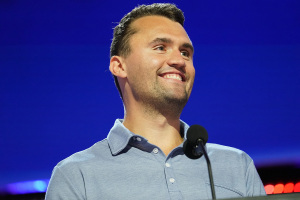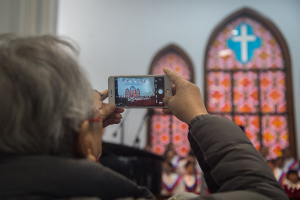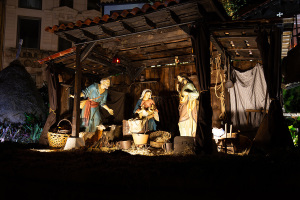Vatican Conference on Black Holes Unites Science and Religion
An ongoing conference in Rome aims to show that science and religion are not incompatible but should be seen as complementary in unlocking the mysteries of the cosmos. The two fields are not at odds with each other but are united in the continuing search for truth.
This is the message the scientific conference titled "Black Holes, Gravitational Waves and Space-Time Singularities" wants to send. The activity runs until Friday at Vatican Observatory, which was founded in 1891 by Pope Leo XIII to dispel the notion that the Church was hostile to science.
On the contrary, "science was an invention of the medieval universities that the church founded," and those Catholic universities around the world have produced top notch scientists over the centuries, said Jesuit astronomer and observatory head Brother Guy Consolmagno.
To highlight this point, the astronomy workshop honors Monsignor George Lemaître, a Jesuit cosmologist considered as one of the fathers of the Big Bang theory, an idea that the universe began with a gigantic explosion. The Belgian priest published the theory in 1927 by solving equations of Einstein's theory of relativity.
Lemaître's theory suggested that God's creation of the universe wasn't just a one-time happening but an event "that occurs continually," Consolmagno said, referring to the concept that the universe continues to expand. Some critics suggested that the Big Bang theory contradicted the Biblical concept of creation, but many respected scientists don't think so.
In his book "God and the Astronomers," astrophysicist Robert Jastrow wrote that "the astronomical and biblical accounts of Genesis are the same; the chain of events leading to man commenced suddenly and sharply at a definite moment in time, in a flash of light and energy."
The four-day congress invited renowned experts and leading scientists to talk about black holes, gravitational waves, and space-time singularities. Among them are 1999 Nobel Laureate in Physics, Gerald 't Hooft; 1988 Wolf Prize co-winner Roger Penrose; and cosmologists George Ellis, Renata Kallosh, Andrei Linde, and Joe Silk.



























